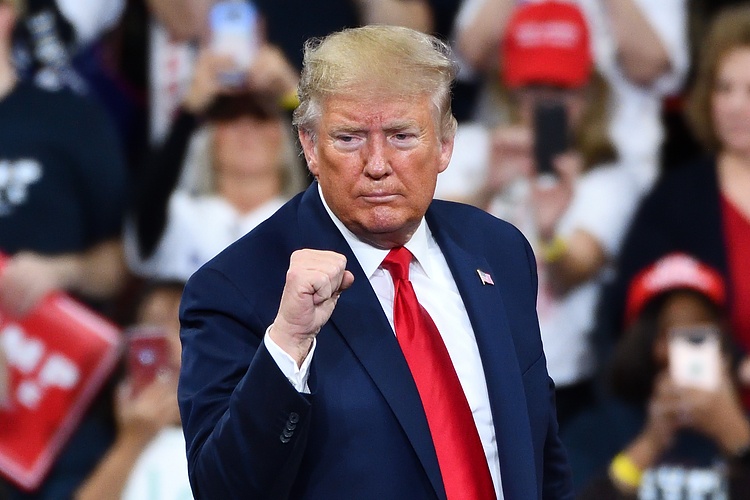Donald Trump’s decisive win in the US presidential election has had a calming effect on financial markets, preventing turmoil and uncertainty. According to Philip Marey, Senior US Strategist at Rabobank, Trump’s victory has also helped avoid potential political violence in the streets. However, Trump’s return to power, along with Republican majorities in the Senate and potentially the House of Representatives, signals a significant shift in US economic policy.
One of the key changes expected under Trump’s leadership is an increase in tariffs, which could lead to a rebound in inflation and a slowdown in economic growth. While tax cuts and deregulation by a Republican Congress may help mitigate the negative impact on growth, they could also increase the budget deficit and reinforce inflation. Additionally, reduced immigration policies could further exacerbate inflationary pressures.
For the Federal Reserve, Trump’s re-election implies a likely pause in the cutting cycle in 2025. This could lead to increased tensions between Trump and Fed Chair Jerome Powell, as the President may seek to challenge the Fed’s independence. With Trump’s continued presence in office and Republican control of Congress, the Fed may face pressure to align its policies with the administration’s economic agenda.
The combination of Trump’s victory and Republican dominance in Congress sets the stage for a potential clash between the executive and monetary policy authorities. While Trump’s policies may initially support economic growth, they also pose risks in terms of inflation and budget deficits. The Federal Reserve will need to carefully navigate these challenges in order to maintain its independence and fulfill its dual mandate of promoting maximum employment and stable prices.
In the face of these potential conflicts, it is crucial for the Fed to communicate clearly and transparently with the public and financial markets. Maintaining credibility and independence will be essential for the central bank to navigate the changing economic landscape under a Trump administration. By staying true to its mandate and focusing on data-driven decision-making, the Fed can help ensure stability and continuity in the US economy.
Overall, Trump’s re-election and the Republican majority in Congress present a complex economic landscape for the Federal Reserve to navigate. While Trump’s policies may bring short-term benefits, such as tax cuts and deregulation, they also come with risks in terms of inflation and budget deficits. The Fed will need to strike a delicate balance between supporting economic growth and maintaining its independence in order to fulfill its mandate and promote a stable and prosperous economy for all Americans.










